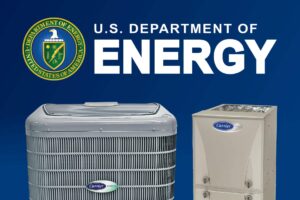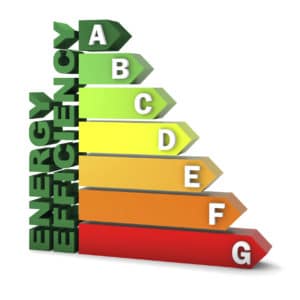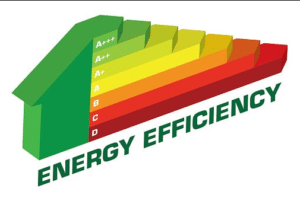
The Department of Energy is Updating the Regulatory Requirements for HVAC Systems
If you’re planning to upgrade your heating or cooling system in the next year, it’s important to understand changes that will impact heat pumps and air conditioners. Starting on January 1, 2023, the Department of Energy’s (DOE’s) energy efficiency requirements will increase, meaning more efficient units, more savings and less impact on the environment. However, the new rules will require changes throughout the HVAC industry. At MightyServ, we are already preparing for the new rules and we want our clients to have the information needed to make the right choice for their residential and commercial heating and cooling needs. What Are the 2023 Changes for Heat Pumps and Air Conditioners? The new standards mark the second increase in efficiency requirements in five years. Now, the North, Southeast and Southwest (CA, NV, AZ, NM) will have different efficiency standards and stricter installation requirements for central air conditioners. The efficiency ratings for heat pumps will also increase, as follows: Efficiency ratings for air conditioning systems will increase by one Seasonal Energy Efficiency Ratio (SEER) based on current requirements: North HVAC SEER will increase from 13 to 14. South and Southwest: HVAC SEER will increase 14 to 15. Heat pumps have common efficiency









